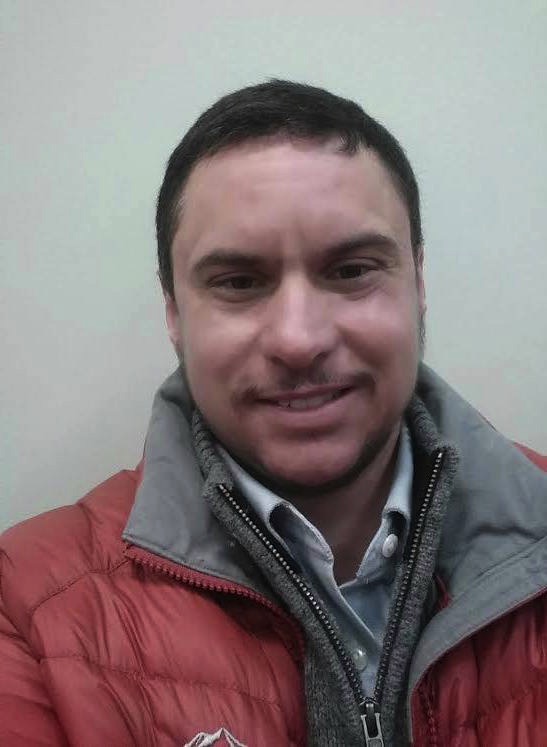Imagine being told that your very existence is not normal: that you are a freak for being you.
Every day transgender people across the nation are told that about themselves. They are not taking it sitting down, however. Take Matthew Francis, who recently visited UMPI’s campus. He wants to encourage people to make “truthful decisions” about themselves and to overall be true to themselves. He also doesn’t consider his being transgender the most important thing about him. “The most important thing about me is that I am Christian,” he said, “I believe in unconditional love.” That love he speaks about is both toward others and toward the self.
The term “transgender” gained some attention last year with Caitlyn Jenner, but that attention did not translate into acceptance. Last year there were more hate crimes against transgender people than in past years. Up to 89 percent of transgender people have seriously considered suicide, if not attempted it. This is why Francis speaks.
Francis shared the ways that he has managed to get through life as well as his story. He described the heartbreaking research he did, including finding a life-changing movie called “Boys Don’t Cry.”
Francis also spoke on his time before transitioning. He spoke of deeply personal things such as his battle with cancer leading to a lumpectomy. He described the rounds of chemo as “8 hours of poison.” He made peace with death and God and was mostly just waiting to die and be at peace. It went back to the 89 percent suicide rate. While he did not attempt to kill himself, he was waiting to die. As he began to get better and survival became a real option, he noted that when he was a cancer survivor he was brave and wondered, “Am I still going to be brave when I’m transgender?”
Before being diagnosed with cancer, Francis was in the military where he did well. “Coming from an abusive household, bootcamp was nothing,” he said.
Life before transitioning was very difficult for Francis. He often questioned God. He wanted to know why he was suffering and denied, even to himself, that he was transgender. Then one day he heard God. When he heard God, he knew. “My gender was dignified.” That was the first step to self-acceptance.
Francis also talked about key terms for transgender people and allies. The main term he discussed was dysphoria. “Dysphoria is hating and being at odds with your body.” It is not just seen in transgender people. Anyone can experience it, and that is part of the reason that Francis believes that discussing it is so important. It is a common issue, and, if one were to ask him, it shouldn’t be hidden. As far as Francis personally experiencing dysphoria, he said that his experiences with it were so severe that if he were to go into a coma he would still want to be on hormones. That is to say that if he were in a coma, completely unable to hear or interact with the outside world, he would still want to be referred to as a man and given the injections that make him appear more stereotypically male.
The issues Francis discussed were not just transgender issues, they are issues we all must face, such as self-acceptance. So at its heart, Francis talked about human rights—the right to be one’s truest self.


